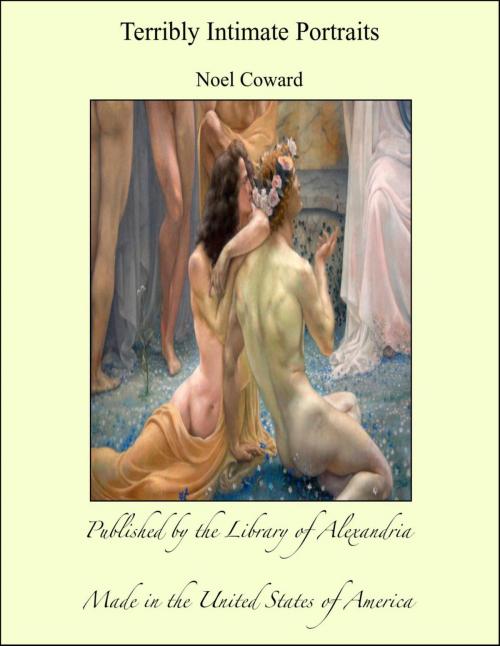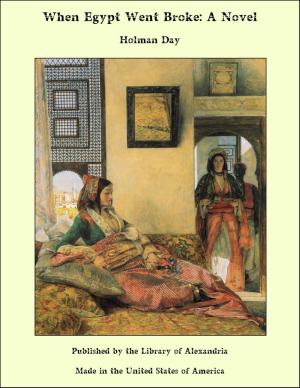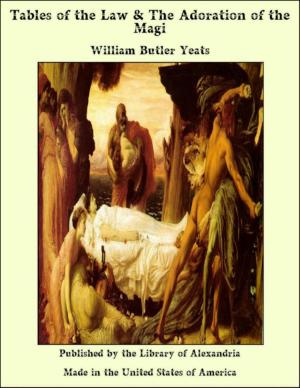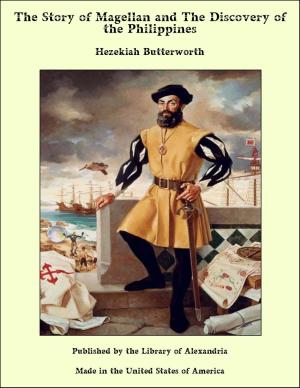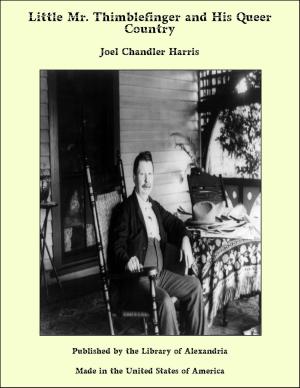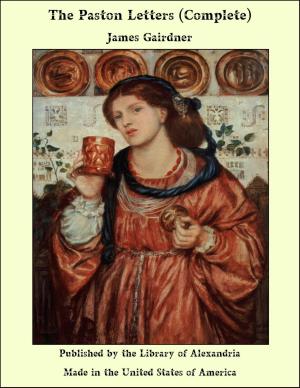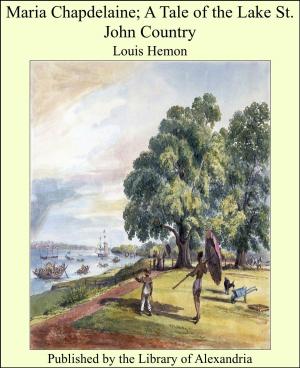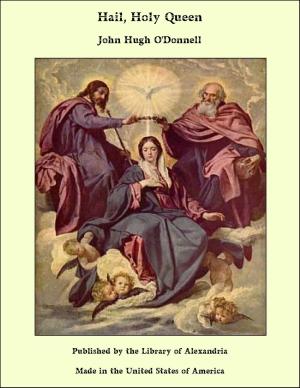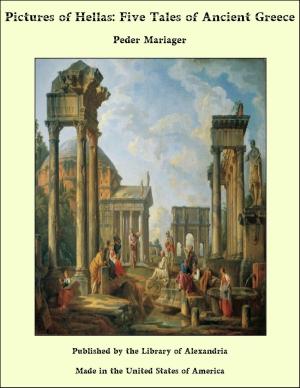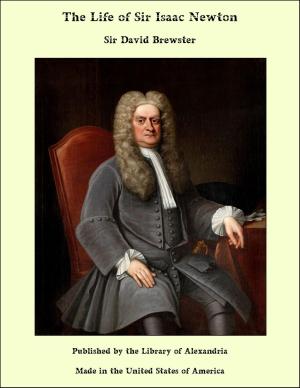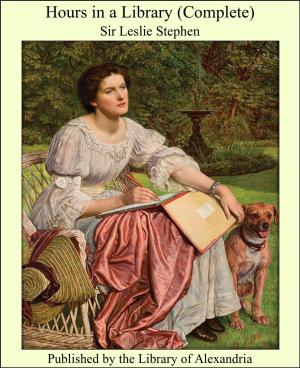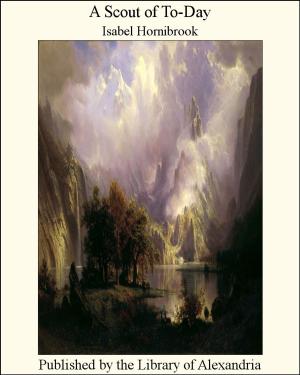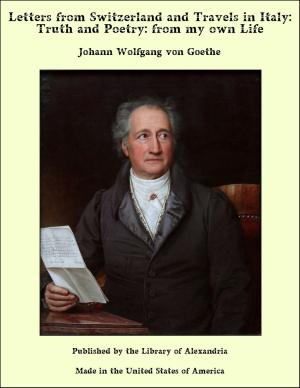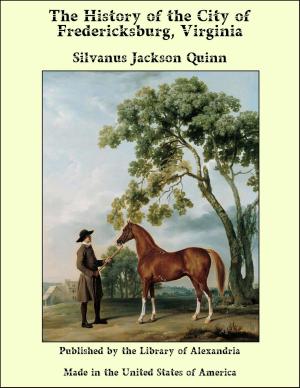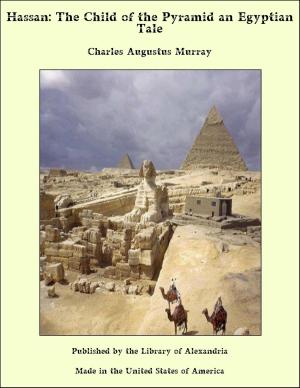Terribly Intimate Portraits
Nonfiction, Religion & Spirituality, New Age, History, Fiction & Literature| Author: | Noel Coward | ISBN: | 9781465573971 |
| Publisher: | Library of Alexandria | Publication: | July 29, 2009 |
| Imprint: | Library of Alexandria | Language: | English |
| Author: | Noel Coward |
| ISBN: | 9781465573971 |
| Publisher: | Library of Alexandria |
| Publication: | July 29, 2009 |
| Imprint: | Library of Alexandria |
| Language: | English |
I HAVE endeavoured in writing and compiling this book, to emphasize not only actual deeds and historical facts, but to aspire to an even higher goal—to conjure to life for a few brief moments the "Souls" of my subjects, stark in all their deathless beauty. What task could be nobler than to delve in these vivid famous lives and bring to light, perhaps, some hitherto undiscovered motive—some delicate and radiant action which so far has escaped the common historian and lain unplucked like a wee wood violet in an old, old garden! Modern realists would have us believe that romance and beauty are dead, that the spirit of heroic achievement and chivalry has been crushed by the juggernautic wheels of civilisation. Poor blind, sad-hearted fools—their dreary, unlovely minds have risen like gaunt weeds from the ashes of their wasted opportunities. Romance dead? Never! And in order to disprove their dismal forebodings, I have included in my portrait gallery studies of such national heroes as—Snurge, Spout, Puffwater and Plinge. Men selected purposely not merely for the glory of their achievements but for the individual dissimilarity of their fundamental characteristics, and to illustrate to doubting minds the amazing resemblance between the signal courage and romanticism of our forebears, and the innate present day spirit of high endeavour. Take for example "Madcap Moll," Eighth Duchess of Wapping, and her famous ride to Norwich—and compare it with Jabez Puffwater's ride to the succour of his old Aunt Topsy. Or E. Maxwell Snurge's celebrated national appeal in West Forty-Second street, and Sarah, Lady Tunnell-Penge's dramatic speech from Tower Hill to the turbulent people of London.
I HAVE endeavoured in writing and compiling this book, to emphasize not only actual deeds and historical facts, but to aspire to an even higher goal—to conjure to life for a few brief moments the "Souls" of my subjects, stark in all their deathless beauty. What task could be nobler than to delve in these vivid famous lives and bring to light, perhaps, some hitherto undiscovered motive—some delicate and radiant action which so far has escaped the common historian and lain unplucked like a wee wood violet in an old, old garden! Modern realists would have us believe that romance and beauty are dead, that the spirit of heroic achievement and chivalry has been crushed by the juggernautic wheels of civilisation. Poor blind, sad-hearted fools—their dreary, unlovely minds have risen like gaunt weeds from the ashes of their wasted opportunities. Romance dead? Never! And in order to disprove their dismal forebodings, I have included in my portrait gallery studies of such national heroes as—Snurge, Spout, Puffwater and Plinge. Men selected purposely not merely for the glory of their achievements but for the individual dissimilarity of their fundamental characteristics, and to illustrate to doubting minds the amazing resemblance between the signal courage and romanticism of our forebears, and the innate present day spirit of high endeavour. Take for example "Madcap Moll," Eighth Duchess of Wapping, and her famous ride to Norwich—and compare it with Jabez Puffwater's ride to the succour of his old Aunt Topsy. Or E. Maxwell Snurge's celebrated national appeal in West Forty-Second street, and Sarah, Lady Tunnell-Penge's dramatic speech from Tower Hill to the turbulent people of London.
